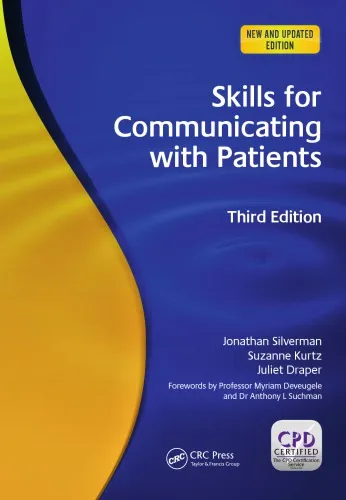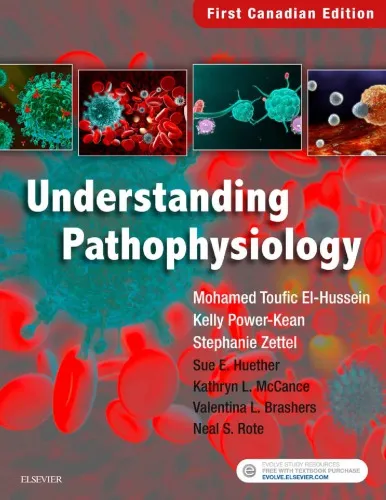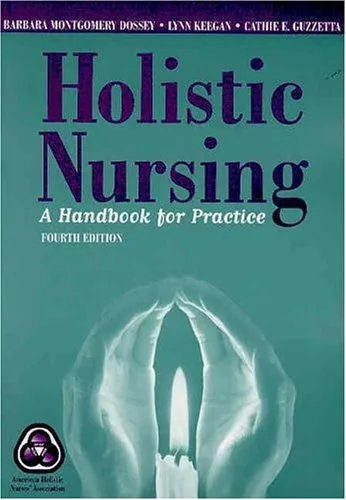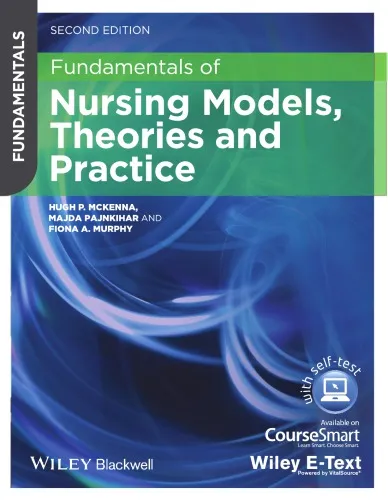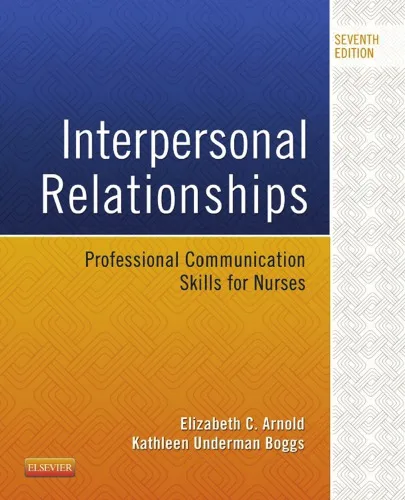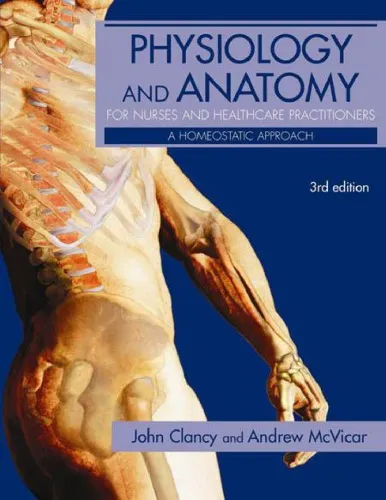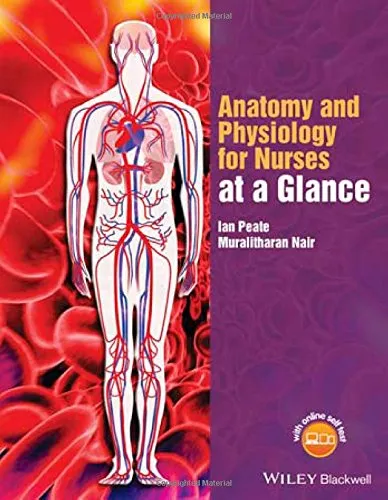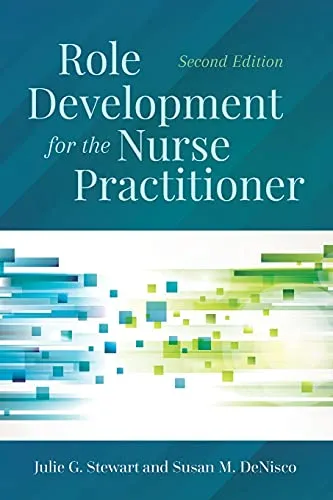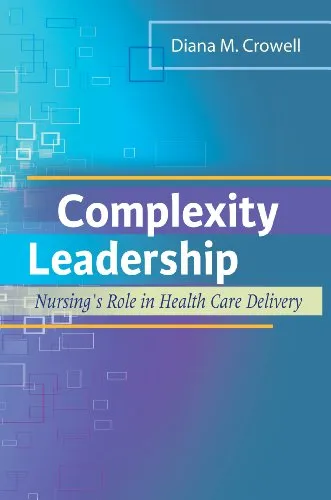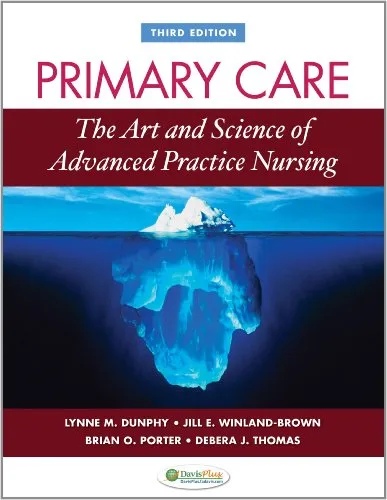Skills for communicating with patients
4.5
Reviews from our users

You Can Ask your questions from this book's AI after Login
Each download or ask from book AI costs 2 points. To earn more free points, please visit the Points Guide Page and complete some valuable actions.Related Refrences:
Introduction to "Skills for Communicating with Patients"
Effective communication lies at the heart of successful healthcare delivery. Skills for Communicating with Patients provides a comprehensive approach for healthcare professionals to master the nuances of patient communication. This book, written by Juliet Draper, Suzanne M. Kurtz, and Jonathan Silverman, is rooted in evidence-based practices, offering powerful tools and frameworks to enhance patient-doctor relationships while improving the quality of care.
Whether you are a medical student, an experienced practitioner, or someone interested in understanding how interpersonal skills shape healthcare, this book serves as an invaluable resource. By integrating theory, practice, and research, the authors illuminate how to connect with patients effectively, foster trust, and facilitate shared decision-making. Let us dive into what makes this book a cornerstone for healthcare communication skills.
Detailed Summary of the Book
"Skills for Communicating with Patients" equips readers with the tools necessary to navigate the complexities of healthcare communication with clarity and empathy.
The book’s structure is methodical, divided into practical sections. It explores the key elements of communication within healthcare settings. Beginning with the foundations, it highlights the significance of listening, understanding patient emotions, and constructing dialogues that encourage openness and trust. The Calgary-Cambridge Guide serves as the backbone for many of its teachings, offering a clear structure to guide consultations.
There is an emphasis on practical application throughout, with real-world examples, scenarios, and exercises that allow readers to hone their skills. Topics such as breaking bad news, dealing with difficult patients, and fostering a collaborative environment are explored in depth. By blending theoretical insights with hands-on techniques, the book ensures its guidance is accessible and actionable.
One hallmark of the book is its evidence-based approach. It draws heavily on research in communication, psychology, and patient care to validate its recommendations. This rigorous grounding makes it an essential text not only for individual development but also for training programs worldwide.
Key Takeaways
- A structured consultation framework: Learn to navigate conversations with patients using a step-by-step guide.
- Empathy in communication: Understand the importance of recognizing and addressing patient emotions to build trust.
- Practical strategies for tough situations: Gain specific tools for handling sensitive topics, resistance, and misunderstandings.
- Enhanced listening skills: Develop active listening techniques to truly understand patients’ concerns.
- Collaboration in care: Empower patients to participate in decisions about their health for better outcomes.
Famous Quotes from the Book
"Communication is the foundation of patient care. Without it, even the best treatments can fail."
"The meaning of a message lies as much in the way it is expressed as in the words chosen."
"Effective communication requires listening not just to respond, but to understand."
Why This Book Matters
In today’s rapidly evolving healthcare environment, where technology and protocols often take center stage, Skills for Communicating with Patients reminds us of the human connection at the core of care.
Patients who feel heard and understood are more likely to comply with treatment plans, disclose important information, and trust their healthcare providers. Conversely, poor communication can lead to misunderstandings, frustration, and even harm. This book serves as a crucial guide for overcoming these challenges, enriching both patient outcomes and professional satisfaction.
Moreover, the book’s insights extend beyond individual conversations. It plays a transformative role in shaping hospital culture, enhancing teamwork, and fostering an environment where empathy and care resonate at every level. It has been used internationally in medical education, making it an indispensable text for improving healthcare systems as a whole.
At its core, this book underscores that communication is not just a skill—it is the essence of compassionate and effective patient care.
Free Direct Download
You Can Download this book after Login
Accessing books through legal platforms and public libraries not only supports the rights of authors and publishers but also contributes to the sustainability of reading culture. Before downloading, please take a moment to consider these options.
Find this book on other platforms:
WorldCat helps you find books in libraries worldwide.
See ratings, reviews, and discussions on Goodreads.
Find and buy rare or used books on AbeBooks.
1630
بازدید4.5
امتیاز0
نظر98%
رضایتReviews:
4.5
Based on 0 users review
Questions & Answers
Ask questions about this book or help others by answering
No questions yet. Be the first to ask!
